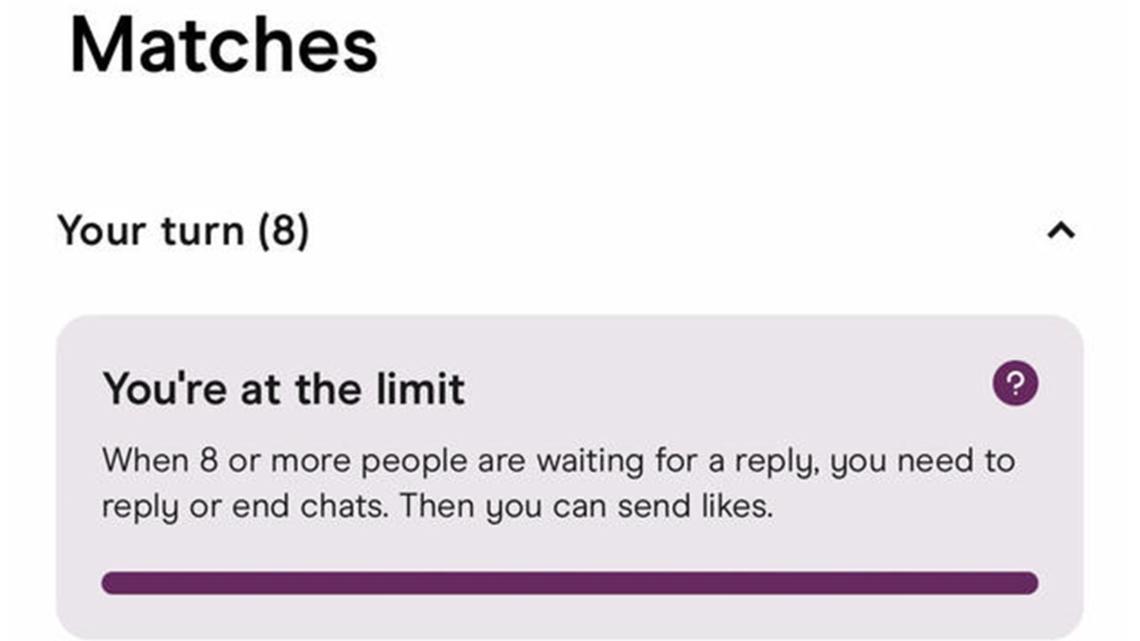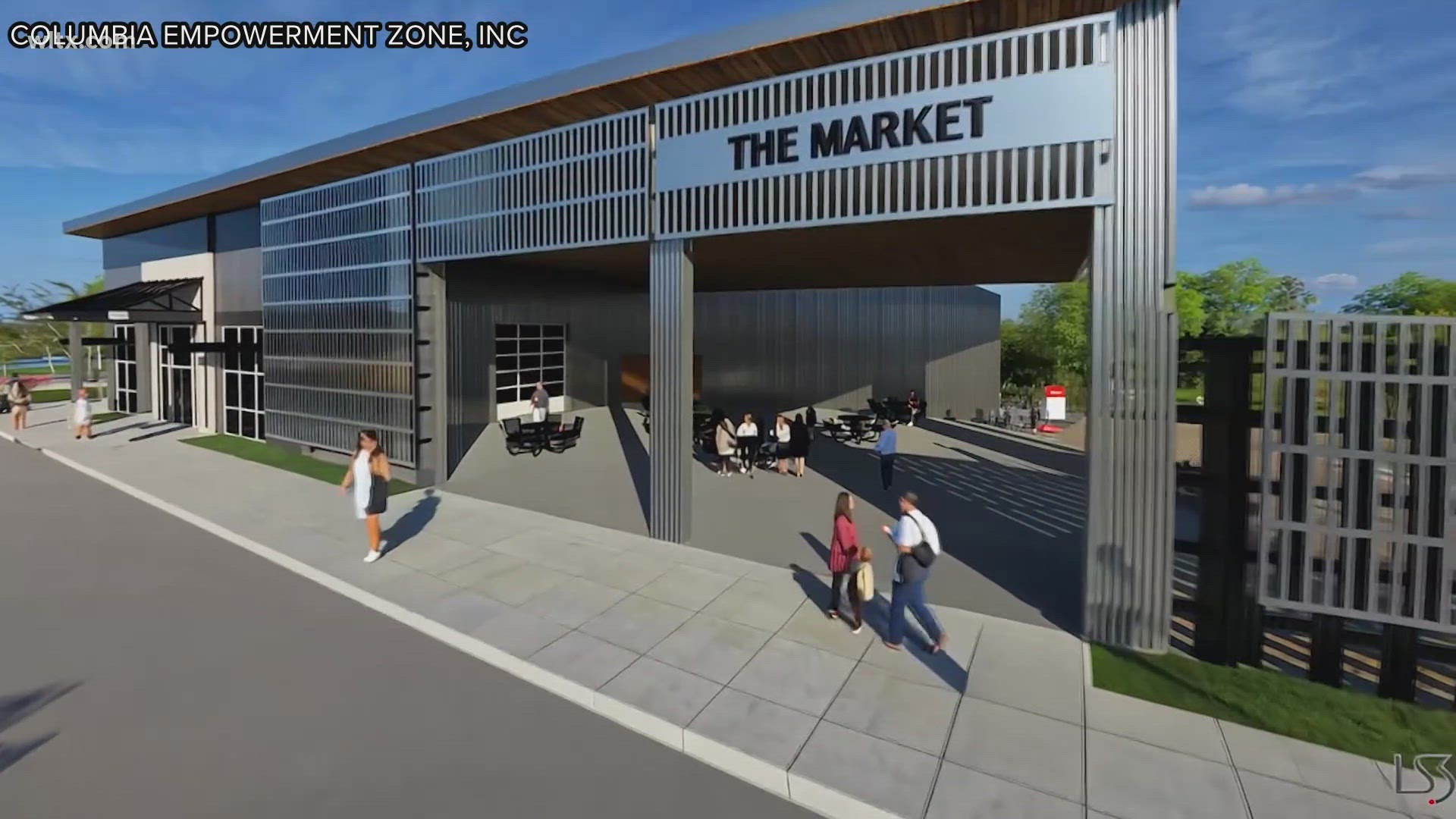NEW YORK — As leaves turn orange and temperatures dip, "cuffing season" transforms the dating landscape for many. This annual phenomenon — where singles seek partners for the winter months — is more than just a trend, according to Logan Ury, Hinge's director of relationship science and a Harvard-trained behavioral scientist.
"Cuffing season is real," says Ury.
Why fall brings a focus on finding a partner
Ury explained that the science behind this seasonal shift is rooted in human behavior: during the warmer months, people are often busy and traveling, but as winter approaches, the desire for companionship grows.
But finding love in the digital age requires strategy, says Ury, author of "How Not to Die Alone," and a major mistake daters make is focusing on quantity over quality. According to Hinge's research, singles who talk to eight or fewer people at once are more likely to find a partner.
"It's hard to say, 'Who did I say this to?' 'Who did I say that to?' You really want to focus on each person and really say, 'Could I have a relationship with this person? Give them a chance?' And if yes, great. If not, move on to the next one," said Ury.
Hinge introduces "Your Turn" limits
To help daters avoid feeling overwhelmed, Hinge has introduced a feature called "Your Turn Limits," which encourages users to manage their connections. Before swiping on new potential matches, they must respond to or close out existing chats once they reach eight matches.
"It's really based on this research that if you talk to fewer people, you're more likely to go on a date and get into a relationship with them," she said.


First date tips
For first dates, Ury recommends settings that allow people to showcase their strengths and interests. Instead of opting for the standard coffee date, Ury suggests activities that reflect each person's personality.
Conversation also plays a critical role in building connections. Ury advises daters to avoid shallow questions like, "How was your weekend?" Instead, she encourages singles to ask thought-provoking questions, such as, "What's the last thing you learned?" or "When's the last time you were surprised?" These types of questions help people stand out and avoid repetitive conversations.
"I want people to be intentional and really stand out," said Ury.



